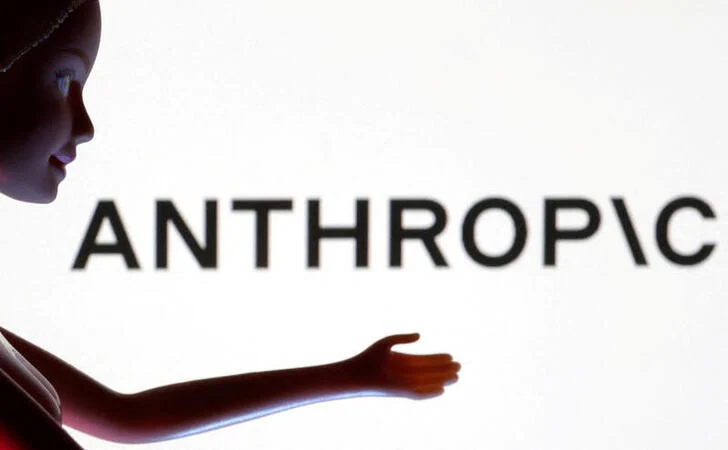Anthropic Agrees to Landmark $1.5B Copyright Settlement Over AI Training Data

Anthropic’s $1.5B Copyright Deal Sets New AI Industry Precedent
In a move sending shockwaves through the technology and publishing worlds, Anthropic—developer of the Claude AI model—has agreed to pay at least $1.5 billion to settle a massive class-action copyright lawsuit. The case centers on allegations that Anthropic trained its AI models using pirated copies of approximately 500,000 books sourced from unauthorized sites such as LibGen and Pirate Library Mirror[3]. This represents the largest copyright settlement in U.S. history for AI training data, and could shape licensing practices across the artificial intelligence sector.
Why This Deal Matters
The core dispute revolved around the unauthorized ingestion of copyrighted literature to train Anthropic’s language models, a practice increasingly scrutinized as AI capabilities have grown[3]. Authors Andrea Bartz, Charles Graeber, and Kirk Wallace Johnson led the class-action suit, representing thousands of writers whose works were allegedly used without consent or compensation. Under the terms of the deal, authors will receive about $3,000 per infringed book—significantly higher than previous settlements in similar cases[3]. In addition, Anthropic has agreed to destroy the pirated training data.
Industry Impact and Response
This settlement is expected to ripple across the fast-growing generative AI sector, where the use of vast, unlicensed datasets has fueled major model advances. The agreement potentially forces other companies, including OpenAI and Meta, to reevaluate their own data acquisition and compensation strategies[3]. Legal experts suggest that licensing negotiations could become the new standard, as the risks of expensive litigation and reputational damage mount for AI developers relying on scraped content. Media coverage highlights that the decision may ultimately foster more transparent and fair relationships between AI firms and rights holders.
Future Implications and Expert Perspectives
Industry leaders see this settlement as a warning and a roadmap: AI’s future progress hinges on balancing technological innovation with the rights of creators. "Companies training on large-scale datasets now face a reckoning with copyright law," noted a technology policy analyst in the Wall Street Journal[3]. Some believe the financial scale will catalyze new business models for content licensing, while others worry about possible slowdowns in AI development. The settlement also underscores demands for clearer regulations—which are expected to be debated by lawmakers and policymakers in the coming months.
As AI models continue to expand their capabilities and influence across creative domains, Anthropic’s historic copyright settlement could transform how the industry sources data, compensates creators, and governs technological growth.
How Communities View Anthropic’s $1.5B Copyright Settlement
Anthropic’s landmark $1.5B settlement has triggered heated debate across X/Twitter and Reddit. The main opinion clusters are:
-
Authors’ Rights Supported (est. 40%): Many, including writers’ groups and publishing industry advocates, praise the outcome for compensating authors and deterring future unauthorized scraping. Popular posts from @chrisdixon and r/Books celebrate the payout as long overdue for creative professionals.
-
Innovation Fears (est. 25%): Tech enthusiasts and some startup founders argue that large settlements could hamper AI research, push innovation offshore, or make model training prohibitively expensive. @eladgil and r/MachineLearning express concern about regulatory overreach and slower progress.
-
Demand for Clear Regulation (est. 20%): A broad segment calls for urgent legislative clarity, emphasizing that negotiations and lawsuits shouldn’t be the norm. @katecrawford and several legal experts on X highlight the need for modern copyright frameworks.
-
Skeptics of Enforcement (est. 10%): Some doubt that other AI companies will comply or that settlements will prevent similar unauthorized data use. Redditors in r/technology voice skepticism about real industry change.
-
Middle Ground/Pragmatists (est. 5%): A minority propose collective licensing schemes or opt-in creator pools, aiming for balanced solutions.
Overall, the sentiment leans positive among authors but is mixed in the broader tech world, with industry leaders predicting more litigation and tougher negotiations ahead.